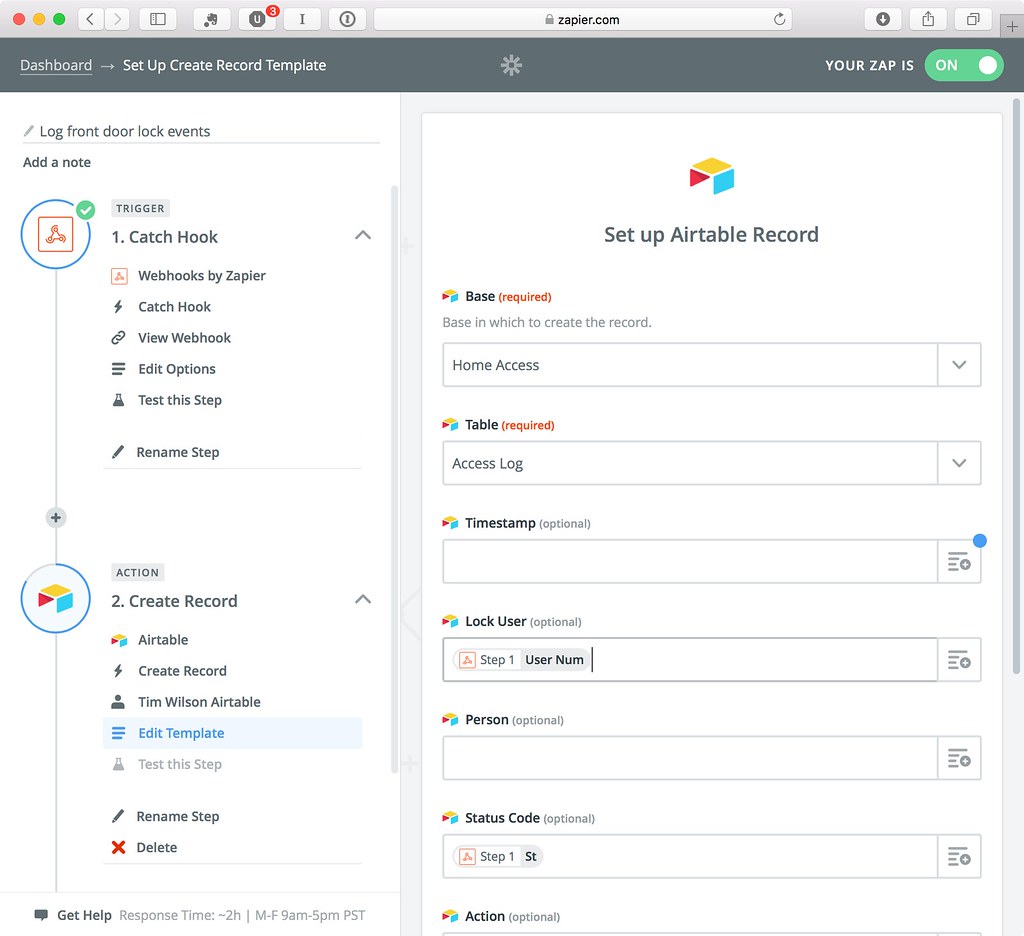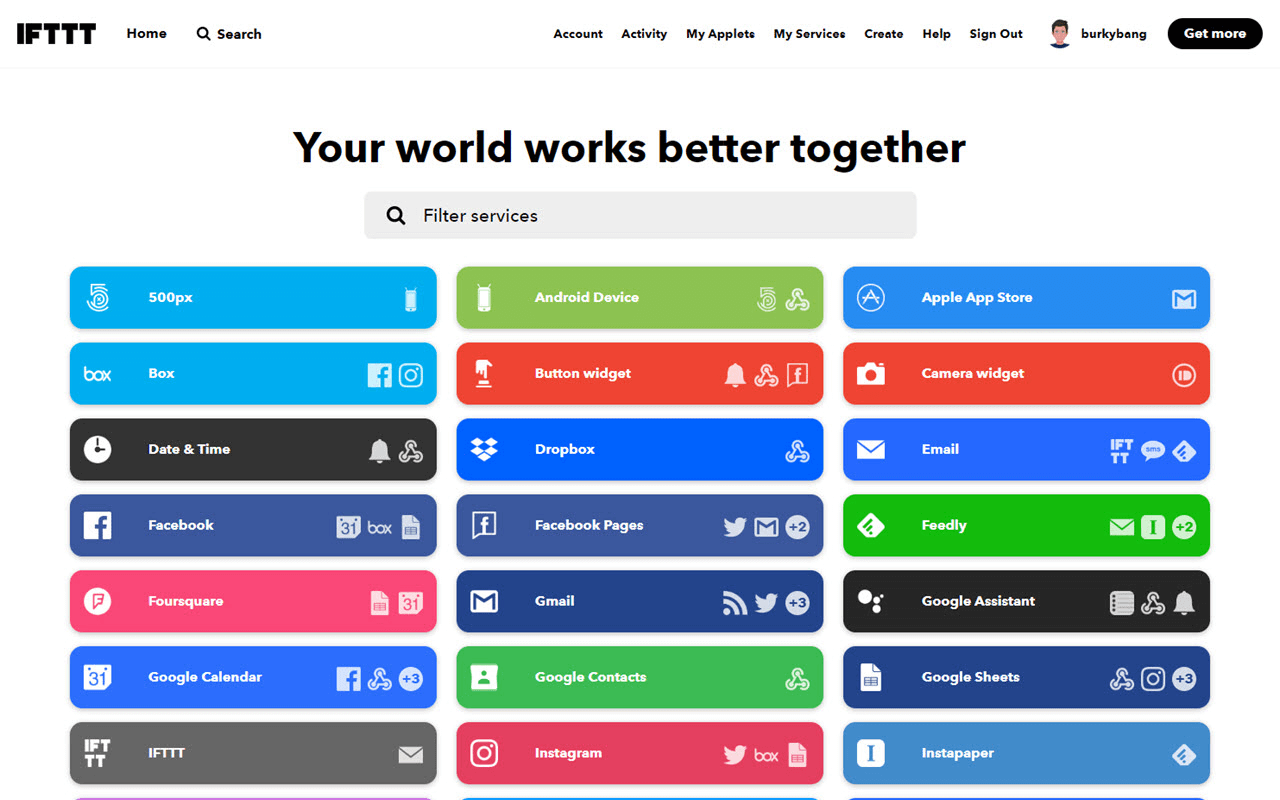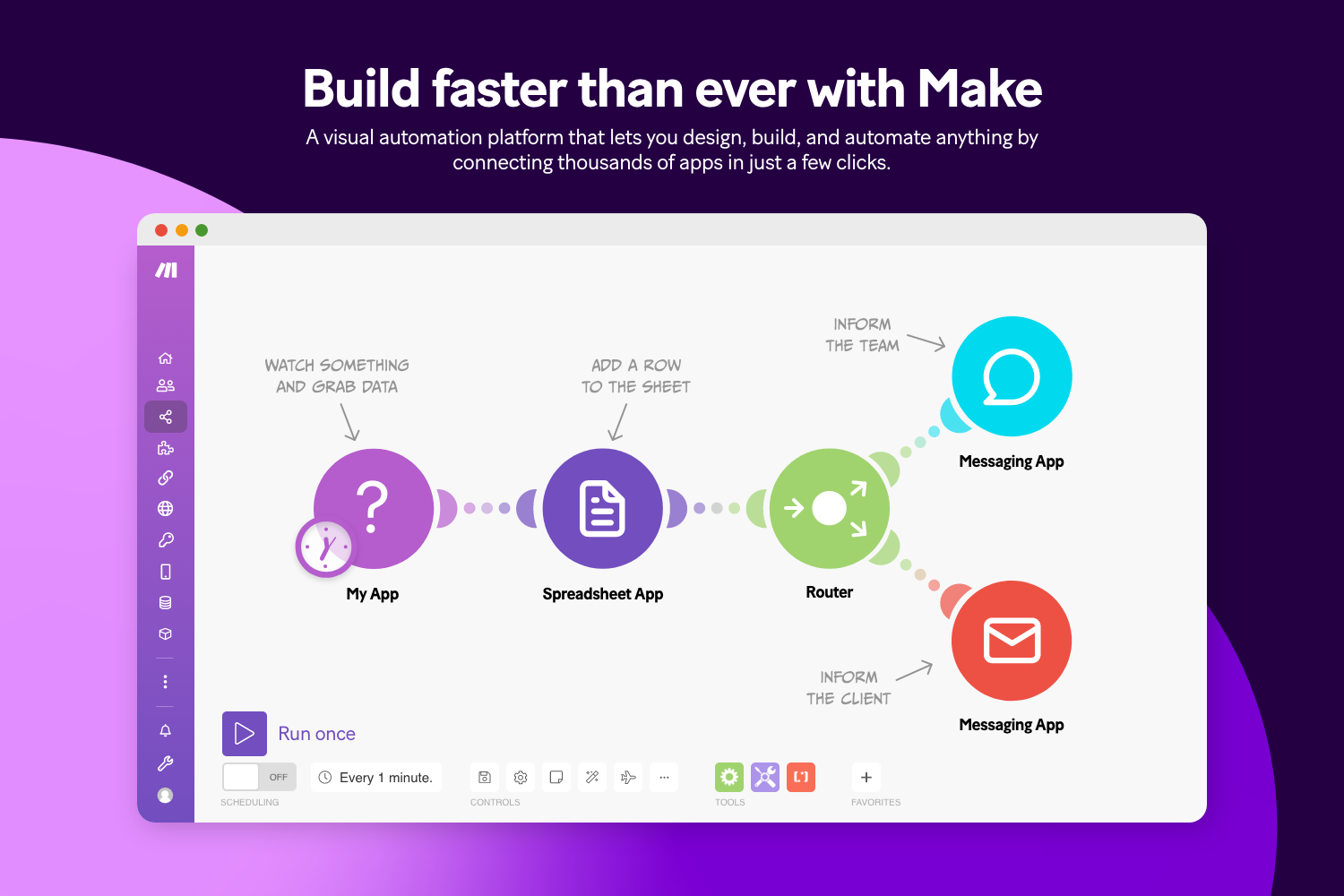Top Workflow Automation Software for Small Business in 2025
Learn how to utilize workflow automation software to streamline and improve processes for small business in 2025.
Running a small business often means your to-do list never ends. Between managing customers, tracking payments, and handling everyday operations, it’s easy to feel stretched thin.
Many small business owners look for ways to simplify tasks so they can focus on growth instead of getting stuck in repetitive work. I mean, who doesn't want to save time?
Workflow automation software for small business can really help with streamlining repetitive processes, simplifying workflows, and saving time. It's worth investing in!
In this article, we'll provide tips and list the best workflow automation software for small business that can help you improve processes and save time.
What Exactly Is Workflow Automation?
Workflow automation is the process of using software to complete repetitive tasks without manual input. Instead of spending time on data entry, email follow-ups, or file management, automation tools handle these actions for you.
When you invest in workflow automation, the goal is to make your daily business processes more efficient and reliable, which saves you time and allows you to focus on more important, high-impact work.
What Does Workflow Automation Look Like for Small Business?
For small business owners, automation is most useful in everyday tasks that take up too much time. Here are some practical examples of how workflow automation can help you run things more smoothly:
Automating Emails and Communications
Automation can send emails like welcome messages, confirmations, and reminders without you having to write them every time. For example, when someone fills out your contact form, they can get a personalized reply instantly. This keeps communication consistent and saves you from repetitive email tasks.
This can be done with text replacement (also know as text expansion) tools that help you create templates for common messages/emails.
Data Transfer and Form-Filling
Instead of retyping customer details into multiple systems, automation can move the information for you. When a client fills out a form online, their details can go directly into your CRM or spreadsheet.
Not only does automating data transfer and form-filling save time, but it reduces mistakes as well.
There are plenty of data transfer and form-filling tools that can make the process super simple and efficient.
Creating Documents Automatically
Automation tools can generate invoices, contracts, or reports as soon as certain actions are taken. For instance, when a project is marked complete, an invoice can be created and sent right away.
Things like this are great to automate because software will make less mistakes, and it allows you to focus on more important work.
Join over 700,000+ others who are automating workflows with Text Blaze.
How Can Workflow Automation Help Small Businesses?
Adding automation to your small business can help in several ways. It can save time, reduce mistakes, and free up resources.
Here's an overview of the benefits of investing in workflow automation for your business:
Save time on repetitive work - Automating tasks like data entry, scheduling, and notifications frees up hours each week.
Reduce human error - Software handles processes consistently, so you don’t have to worry about missed steps or mistakes.
Improve customer experience - Faster responses and streamlined communication help you deliver better service.
Make scaling easier - As your business grows, automation ensures processes stay consistent without adding extra manual work.
Lower costs - By reducing time spent on repetitive tasks, you can cut down on the need for additional staff.
These benefits make automation one of the most practical tools for small business owners today.
Workflow Automation DOs and DON’Ts for Small Business
While automation can make a big difference for small businesses, it’s easy to set things up in a way that causes more problems than it solves.
Here are some DOs and DON'Ts for getting starting with workflow automation:
DOs
Start small - Begin with one or two high-impact workflows before expanding. This helps you learn the tools and avoid being overwhelmed.
Review automations regularly - Check that your workflows still match your business needs. Regular reviews keep them effective and prevent outdated processes.
Train your team - Walk your staff through how the automation works so they feel confident using it. Training reduces errors and improves adoption.
Keep the customer in mind - Use automation to improve communication and service. A balance of efficiency and personal touch builds stronger customer relationships.
DON’Ts
Don’t automate everything at once - Trying to set up too much too quickly can become unmanageable. Expand gradually once you see success in key areas.
Don’t set and forget - Workflows left unchecked can break or become irrelevant. Regular updates are essential for reliability.
Don’t assume staff will figure it out - Without training, your team may bypass automations or make mistakes. Clear guidance ensures consistency.
Don’t make automation feel impersonal - Over-automating can frustrate customers. Always keep their experience in mind when designing workflows.
By following the DOs and avoiding the DON’Ts, you’ll set up automations that improve efficiency without creating new problems.
5 Best Workflow Automation Tools for Small Business
Here are some of the most useful workflow automation software options for small business owners in 2025.
1. Text Blaze

First up on our list of the best workflow automation software for small business is Text Blaze.
Text Blaze allows you to create smart text templates and insert them anywhere you work to automatically fill out forms, transfer data, automate repetitive typing, and much more.
For example, if you need to quickly fill out a repetitive form in Google Forms or in your CRM, all you have to do is type a keyboard shortcut and Text Blaze will do the rest for you!
With Text Blaze, you can automate form-filling on any website with dynamic templates!
Here's how Text Blaze stands out:
Automate repetitive typing anywhere you work! Text Blaze works on Chrome, Windows, and Mac.
Streamline workflows like transferring data or filling out forms.
Create dynamic templates that you can customize for any situation. Use placeholders and advanced commands to create powerful templates.
Best value for small businesses! Text Blaze is free forever, no licenses or upgrades necessary.
Text Blaze is great for teams. Set up shared templates and keep everyone on the same page and save time as a team. Learn more here.
Join over 700,000+ others who are automating workflows with Text Blaze.
2. ProcessMaker

ProcessMaker is designed for managing business processes through workflows. It lets you create step-by-step flows for approvals, employee onboarding, or client management.
You can assign tasks, track progress, and make sure nothing falls through the cracks. This type of automation is useful for small businesses that need structured processes but want to avoid micromanagement.
3. Zapier

Zapier connects thousands of apps to help small business owners link their tools together. For example, you can set up a workflow that sends new leads from a form directly to your CRM or triggers a Slack notification when a payment is received.
It focuses on simple, no-code automation that is easy to set up and scale. Small businesses use Zapier to connect the tools they already rely on without switching platforms.
4. IFTTT

IFTTT (If This Then That) is built for creating conditional workflows between apps and devices. It’s popular for simple automations, like sending social media posts to multiple platforms or syncing calendar events across apps.
For small businesses, it can handle lightweight tasks that reduce the need for manual updates. The tool works well for businesses that want quick wins in automation without a steep learning curve.
Join over 700,000+ others who are automating workflows with Text Blaze.
5. Make

Make (formerly Integromat) is a powerful automation platform that allows for more advanced workflows. Small business owners can create visual workflows that move data, trigger actions, and integrate multiple tools.
It’s useful for connecting business apps, managing e-commerce tasks, or handling back-office operations. Make is a good choice for small businesses that need both simple and complex automation options.
Start Automating Your Workflows Today
Workflow automation for small business is no longer optional—it’s becoming a necessity. By choosing the right tools, you can simplify operations, improve customer service, and give yourself more time to focus on growth.
Pro tip: Start with one or two areas where automation can make the biggest difference, and you’ll see the impact quickly.
To recap, our suggestion for the best workflow automation software for small business is Text Blaze. Text Blaze is the ultimate small business productivity tool because it helps you streamline repetitive typing, workflows, form-filling, data transfer, and more! Plus, Text Blaze works anywhere you do and is free forever! Give it a try today!




